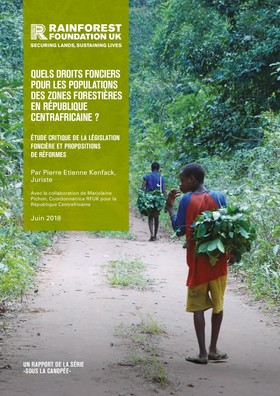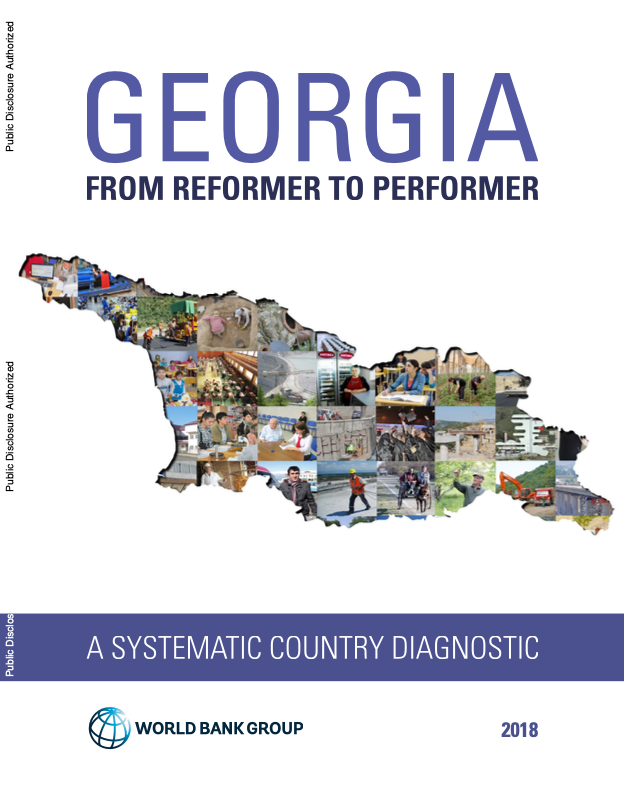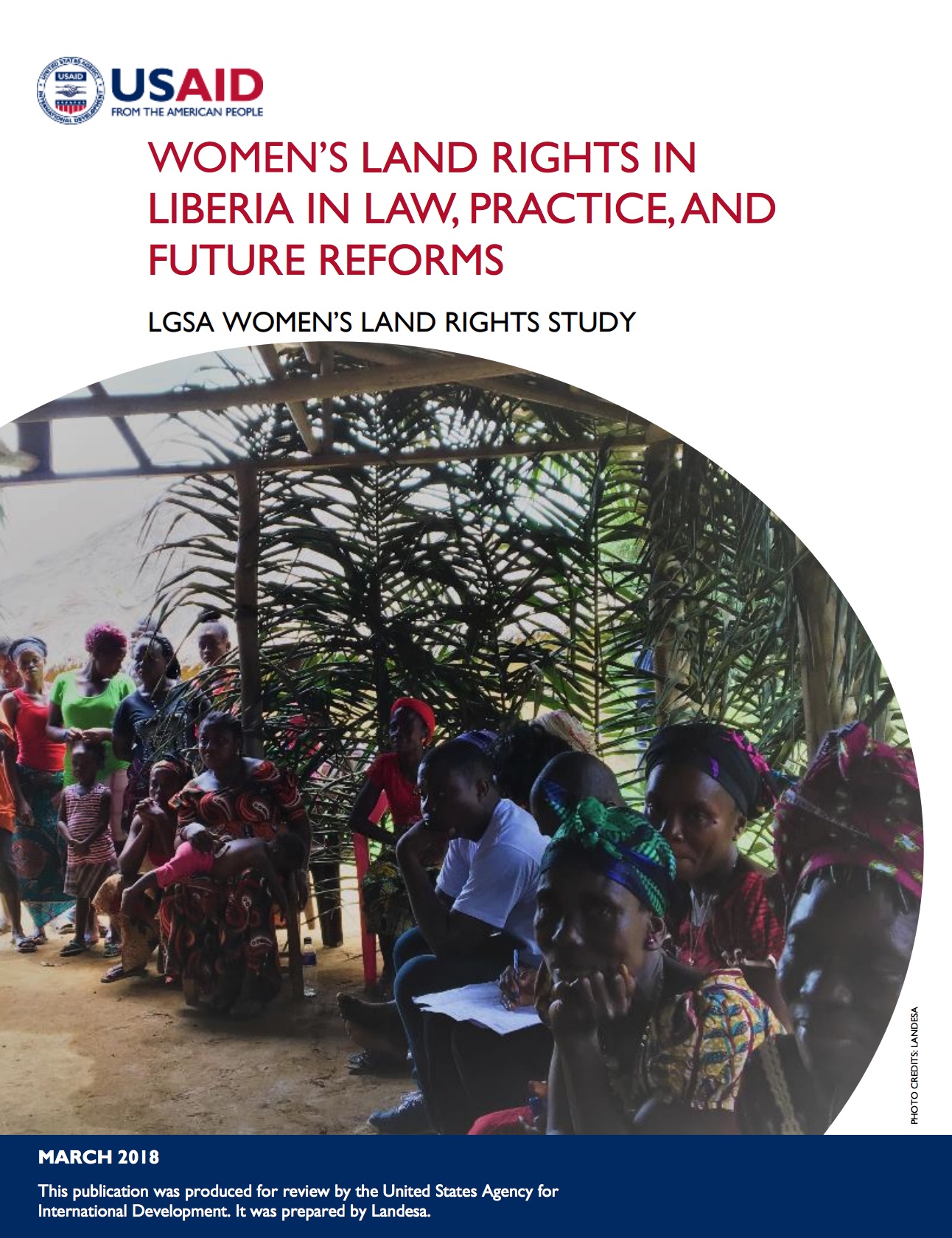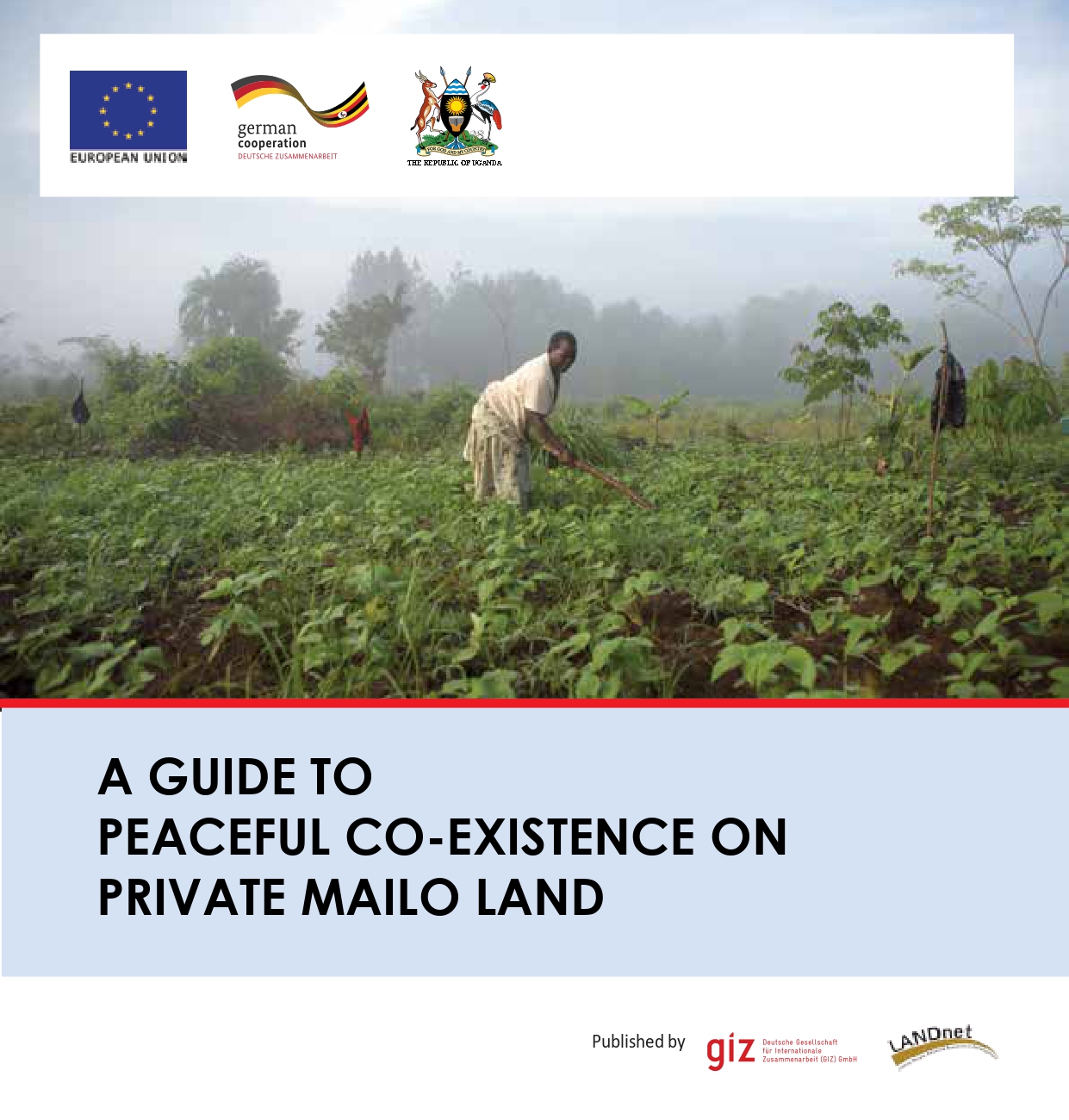Kingdom of Lesotho: Land reform and rural transformation
The government of Lesotho’s (GOL) land reform efforts, enacted in the Land Act 2010, principally seek to create an environment that is favourable to agricultural development and economic investment.3 For years, Lesotho has lacked efficient land markets in which foreign investors could participate. The limitations on foreign landholding by the 1979 Land Act have presented impediments to improving the commercial use of land.








